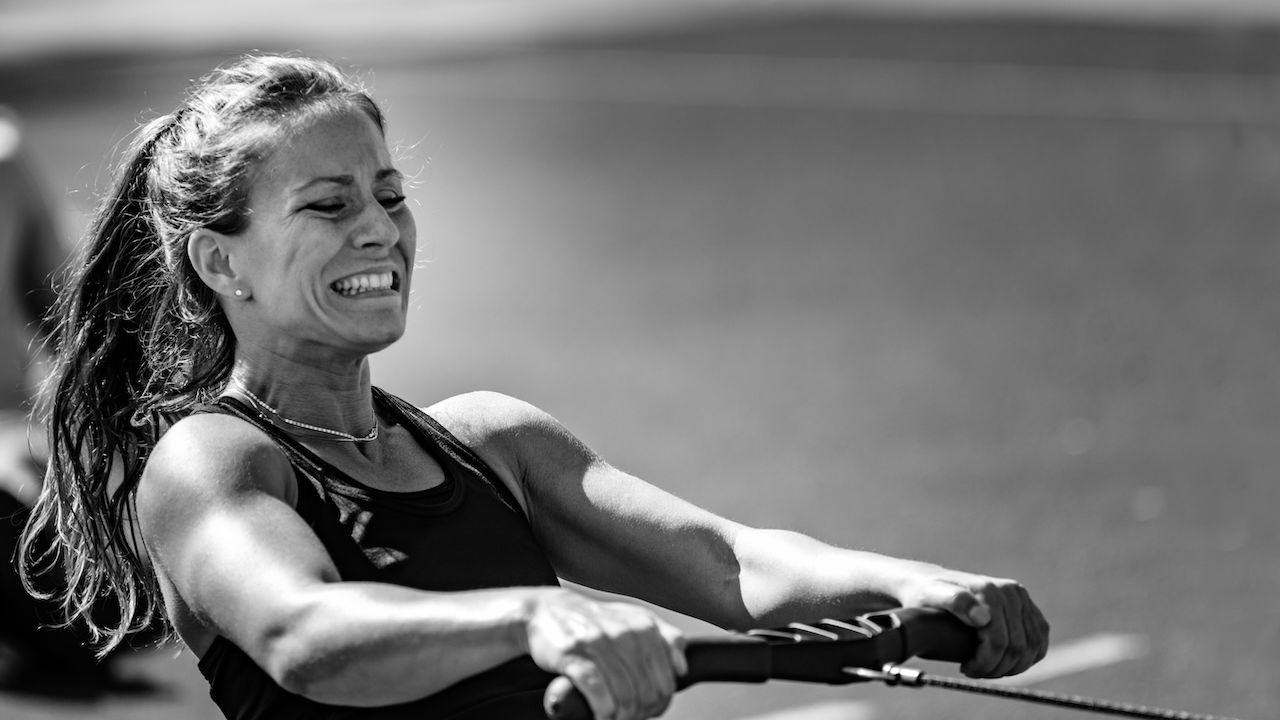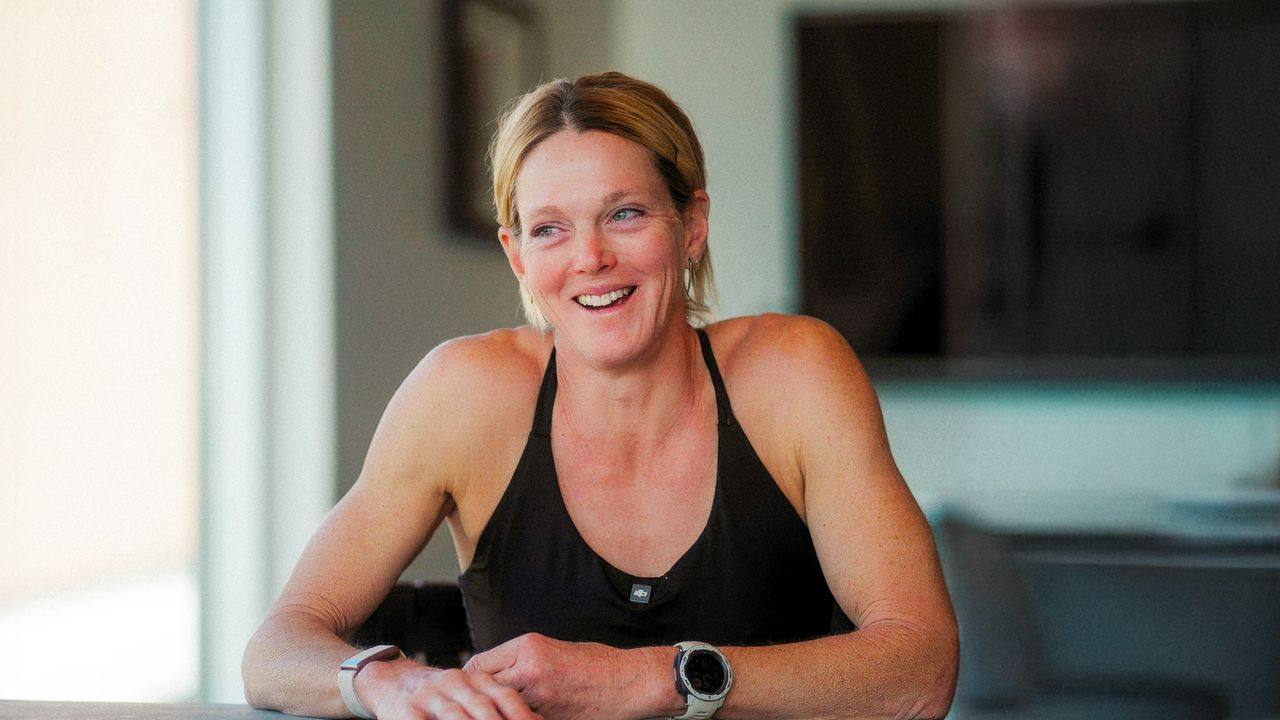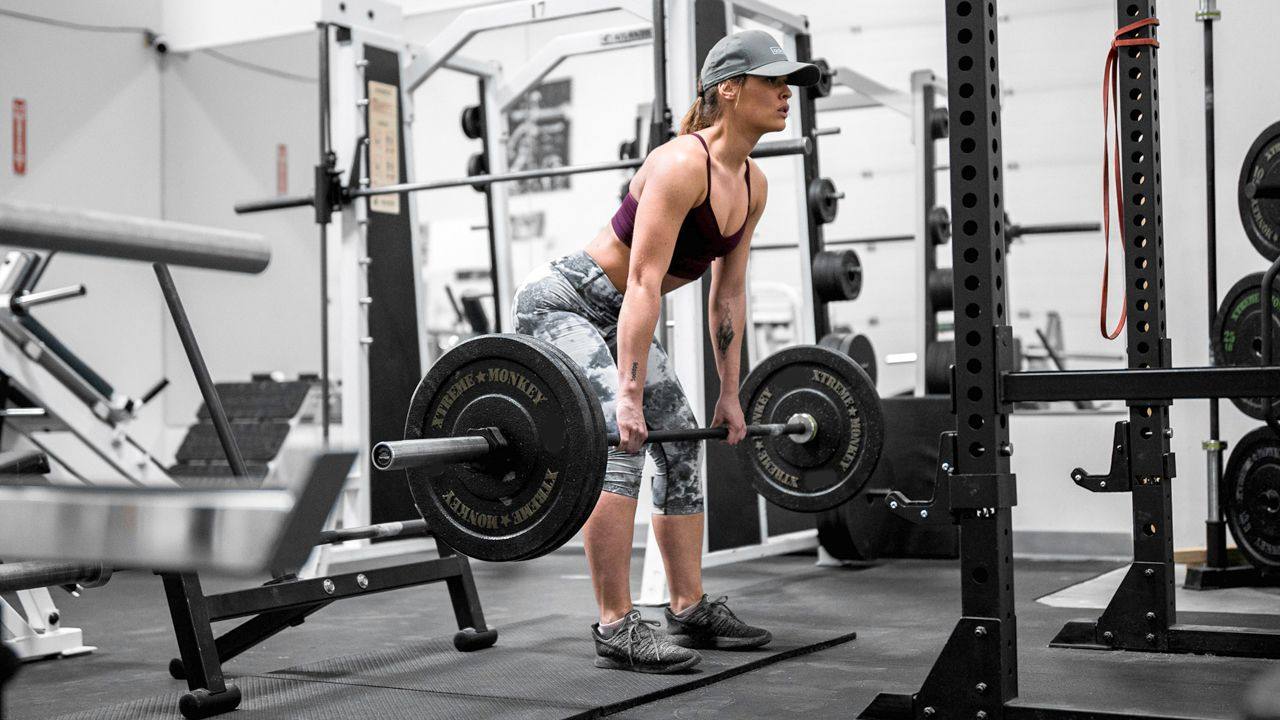How Much Protein Is Enough?


It’s a question I’m asked by women a lot: How much protein should I consume every day? And while the detailed answer will always depend on your age, your activity level, your menstrual cycle status, and plenty more, there are a few simple guidelines that can help get you on the right side of the protein tracks.
Protein RDA
The recommended daily allowance (RDA) for protein is about 1 gram per kilogram (kg) of body weight, or roughly 0.45 grams per pound (lb). This amount is just about sufficient for sedentary individuals, but it can differ based on age, sex, and activity levels. For active women, sports scientists suggest aiming for 1 gram of protein per pound of body weight.
Research has shown that for women aged 20-35, optimal daily protein intake is 1.6-2.2g/kg/day (0.7g-1g/lb/day), while older women, especially those in perimenopause and menopause, may need slightly higher amounts. This 2023 study recommends that daily protein intake should fall within 1.4-2.2g/kg/day (0.6g-1g/lb/day), with protein distributed evenly across meals every 3-4 hours. This helps maintain lean body mass and supports body composition and weight loss. Studies have also shown that overall daily protein needs are higher during the luteal phase of the menstrual cycle.




